Background: 20th century BC
In the the land of Chaldeans (see map at bottom) the people had been turned from righteousness to idolatry because of the false teachings of the Egyptians. Many of the people had begun worshiping the gods of Ekenah, Libnah, Mahmackrah, Korah and Pharaoh of Egypt (all depicted in Facsimile #1). They were offering up sacrifices, men, women and children, to these gods. Abraham tried to stop them but they would not listen to him and tried to kill him (Abr. 1:5-8). The priest of Pharaoh, also called the Priest of Elkenah, had prepared an altar in the land of Chaldea and was making sacrifices to the sun god, Shagreel (Abr. 1:9).
Facts about them:
- They were sacrificed on the altar on Potiphar’s Hill (the same one as in Facsimile #1) at the head of the plain of Olishem as an offering to the sun god Shagreel (Abr. 1:9-10);
- They were the three daughters of Onitah, a royal descent of Ham and a rightful heir of the priesthood authority;
- A child was sacrificed on the altar right before they were (Abr. 1:10);
- They were virgins ;
- They would not bow down and worship the false gods “Elkenah, Libnah, Mahmackrah, Korash, and also a god like unto that of Pharaoh” ;
- They were sacrificed after the manner of the Egyptians because of their great virtue ;
- All three of them were killed at the same time;
- Abraham was to be sacrificed in the same manner and same altar as these young women (Abr. 1:12);
- The Pharaoh was of the lineage that did not have the right to the Priesthood. Even so, he tried to claim it from Noah through Ham, and led away many, including Abraham’s father, into idolatry (Abr. 1:27) .
Speculations about them:
- They may have been from a rich and prominent family. Egypt was founded by descendants of Ham and the first Pharaoh was a direct decedent of Ham (Abr. 1:20-27);
- Perhaps some of the rituals involving the false Gods would have forced them to lose their virtue;
- Maybe they, like Abraham, had spoken out against what was being done and had tried to stop the sacrifices and get people to repent.
My Thoughts:
These young women had the same trial of faith, they were asked to worship false Gods and they refused at the risk of their lives. They showed the same great faith and virtue, knowing that God had the power to save them but that even if he didn’t their testimony would be unchanged. Dennis E. Simmons of the Seventy explained this type of faith in the Lord in his 2004 Conference talk when he said:
Our God will deliver us from ridicule and persecution, but if not. … Our God will deliver us from sickness and disease, but if not … . He will deliver us from loneliness, depression, or fear, but if not. … Our God will deliver us from threats, accusations, and insecurity, but if not. … He will deliver us from death or impairment of loved ones, but if not, … we will trust in the Lord. Our God will see that we receive justice and fairness, but if not. … He will make sure that we are loved and recognized, but if not. … We will receive a perfect companion and righteous and obedient children, but if not, … we will have faith in the Lord Jesus Christ, knowing that if we do all we can do, we will, in His time and in His way, be delivered and receive all that He has.
Yet, unlike Shadrach, Meshach and Abed-nego the lives of the daughters of Onitah weren’t saved and they sealed their testimonies with their blood. I can’t help but feel that God must have stood beside them much like he did with Shadrach, Meshach and Abed-nego in fiery furnace, comforting them and strengthening them in the hour of trial.
Their sacrifice also reminds me of the sacrifices made by the Lamanite women and children in the Book of Mormon, when Alma and Amulek watched their believers being burned in fire. Alma told Amulek “…The Spirit constraineth me that I must not stretch forth mine hand; for behold the Lord receiveth them up unto himself, in glory; and he doth suffer that they may do this thing, or that the people may do this thing unto them, according to the hardness of their hearts, that the judgments which he shall exercise upon them in his wrath may be just; and the blood of the innocent shall stand as a witness against them, yea, and cry mightily against them at the last day.” (Alma 14:10-11)
I don’t know why God didn’t save these young women like he did Shadrach, Meshach, Abed-nego, Daniel, Abraham, and other prophets. Or why he has let so many innocent women and children die by the hands of the wicked. But I do know that God receives all of them into heaven, that they inherit a kingdom of glory, and that their blood will stand as a witness against the wicked at the last days. The sacrifice that these young women made makes them worthy to receive the greatest blessings God has for his children, and who knows perhaps they sit with Abraham and other great prophets at the right hand of the Savior.
Questions to think about:
- Why did God not save them like he saved Abraham?
- Who taught them to protect their virtue and to worship the one true God?
- How do you imagine that their example impacted Abraham’s life?
- What would you like to know about these young women if you were able to meet them?
- How old do you picture them being?
- Would you sacrifice your life for your beliefs?

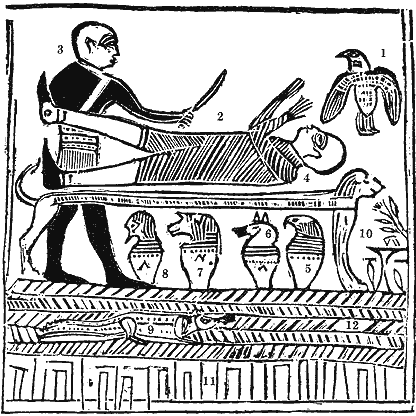
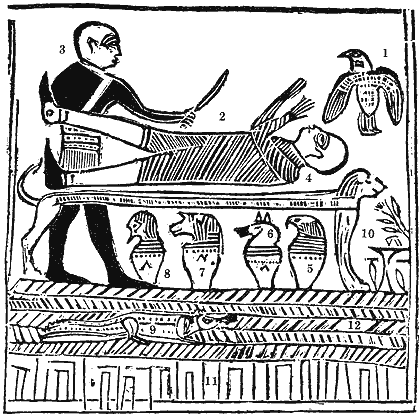
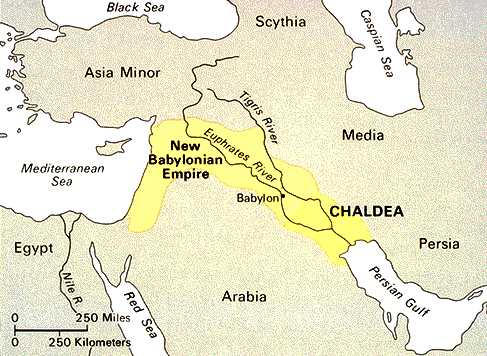
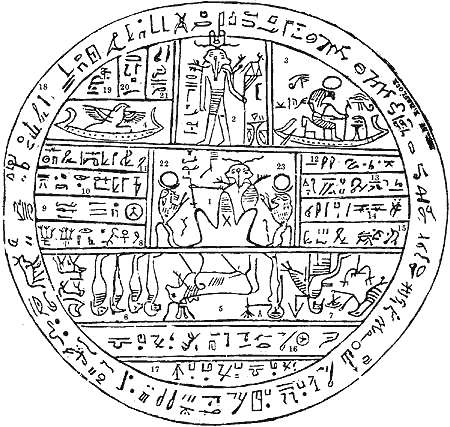
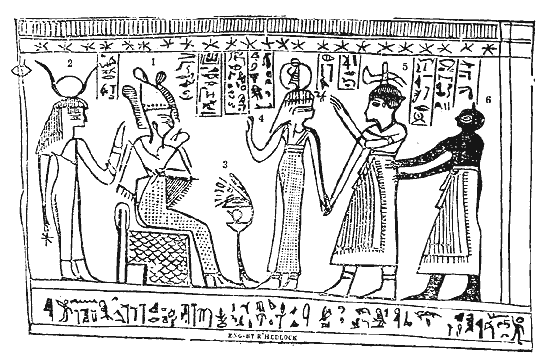

Thanks, I really enjoyed reading your take on this. It was very uplifting. I wish we knew more about the daughters of Onitah.
how do you pronounce Onitah? long o? silent i? thanks foe any help.
Peg I am pretty sure that it is pronounced like O (as in open) ni (as in "nigh unto death") and tah as in the sound at the start of "tough"
If that doesn't make any sense just know that is sound like "oh night a"
At least that is how I say it and how I have heard it pronounced.
I've been reading your blog for a few years now, but somehow managed to miss this post until tonight.
One of the questions you asked at the end, about how they may impacted Abraham, really stuck out to me.
I imagine that their influence on him was huge. The fact that he took the time to tell of them testifies of this. I don't know how old he was at the time…perhaps a teenager (at least we know that it was quite a bit later that he took Sarai to wife, and I imagine that these virgins were teens also, but old enough to be expected to have lost their virginity), knowing what is right but not sure how to be strong in a world where he felt he stood alone and was surrounded by wickedness. His own father was not true to the truth, and so one wonders where and how Abraham learned the truth. I would guess that the example of these young women so profoundly impacted him that perhaps it gave him the strength to start speaking out and not hiding his light under the bushel of fear. It was after their deaths that attention turned to him, so it's easy to draw the conclusion that it was after their deaths that he drew attention to himself.
Perhaps he fully expected to be taken out of the wicked world as they were; we know however that God had a great work for him yet to do and this experience was pivotal in his spiritual progression.
Would you consider submitting a short article to the Ensign on the Daughters of Onitah to see if they would publish it? I checked and there isn't a single reference to them on lds.org outside of the scripture itself. I would love to see their sacrifice honoured as next to nobody has heard of them. The Sunday School manual doesn't even mention them. Very sad.
That is sad they aren't mentioned in the manuals. I hope that in the future we see more women's stories included in church materials and videos! That is a good idea to write an article for the Ensign. I will think about it 🙂
I have always loved the story of these young virtuous women and I believe that their testimony was unshaken. In my perspective, they stood firm in the faith, even unto death, just to become an instrument in the hands of God to strengthen Abraham’s faith and testimony, to face what was coming after. A similitude of Abinadi and Alma’s story… It is pretty amazing to see how your example, your testimony, your life in general, can be the empowering point for something so amazing, and you don’t even realize it! I am sure that nor Abidani or the daughters of Onitah did know what Alma or Abraham were going to achieve or become, but they did remain faithful and fearless just for their love to God. I bet they feel very pleased now when they see how their testimony impacted eternity.